By Irfan Siddiqui, Tokyo, Japan
A Breakthrough for Pakistan in Japan’s Academia
Pakistani innovation has crossed another global milestone. Kyoto University, one of Japan’s most prestigious academic institutions, has added Otoz.ai—a startup founded by Pakistani entrepreneur Mirza Asif Baig—to its curriculum. This makes Otoz.ai the first-ever Pakistani company to be included as a case study in a Japanese university syllabus.
The recognition comes through Kyoto University’s newly published book Platform Studies II, which will be taught across universities in Japan beginning August 2025. Only five startups were selected nationwide for inclusion, and Otoz.ai stands out as the sole foreign-led company among them.
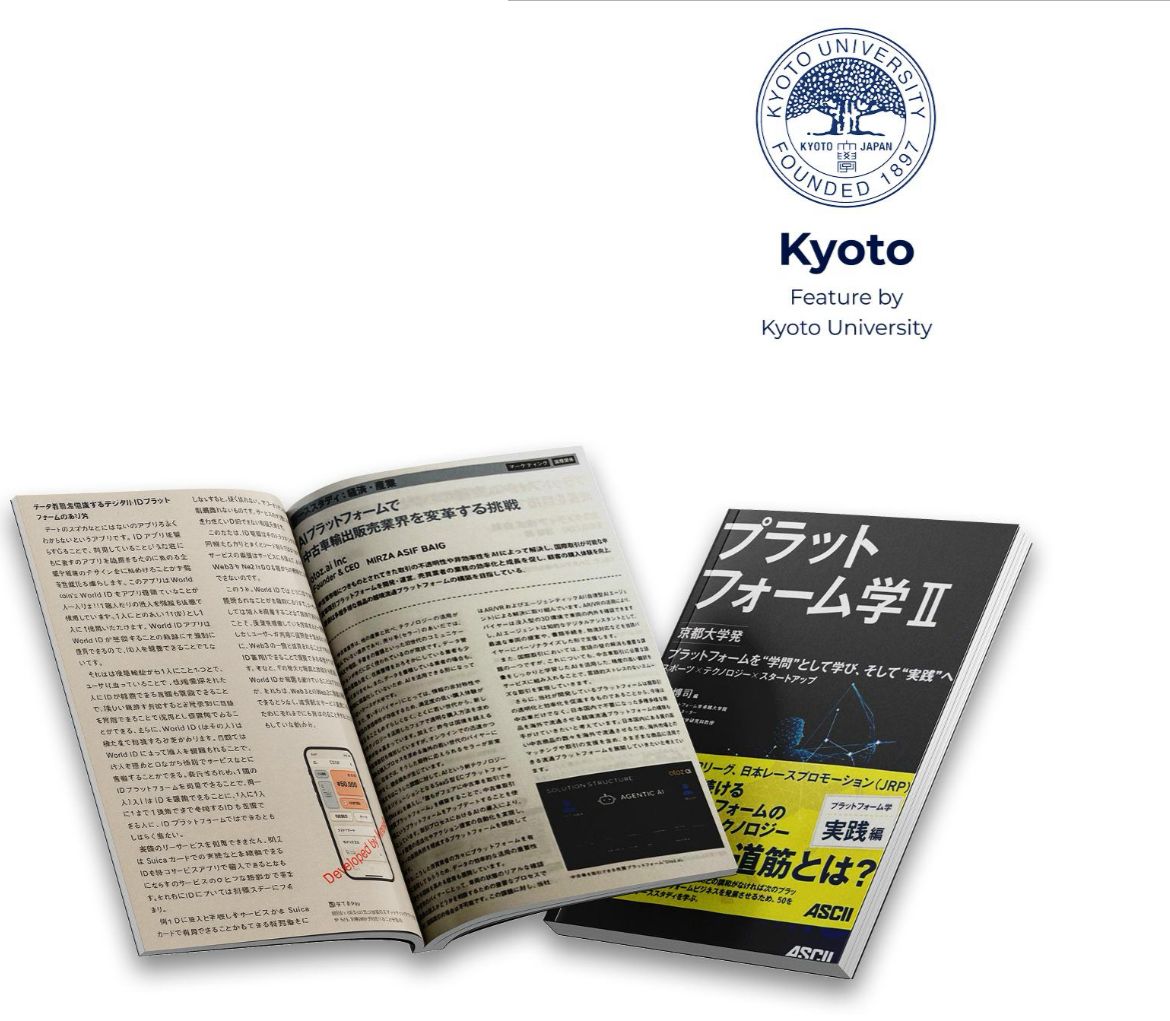
This landmark achievement is more than an academic honor. It reflects both the growing visibility of Pakistani founders in Japan’s innovation ecosystem and the openness of Japanese academia to global perspectives.
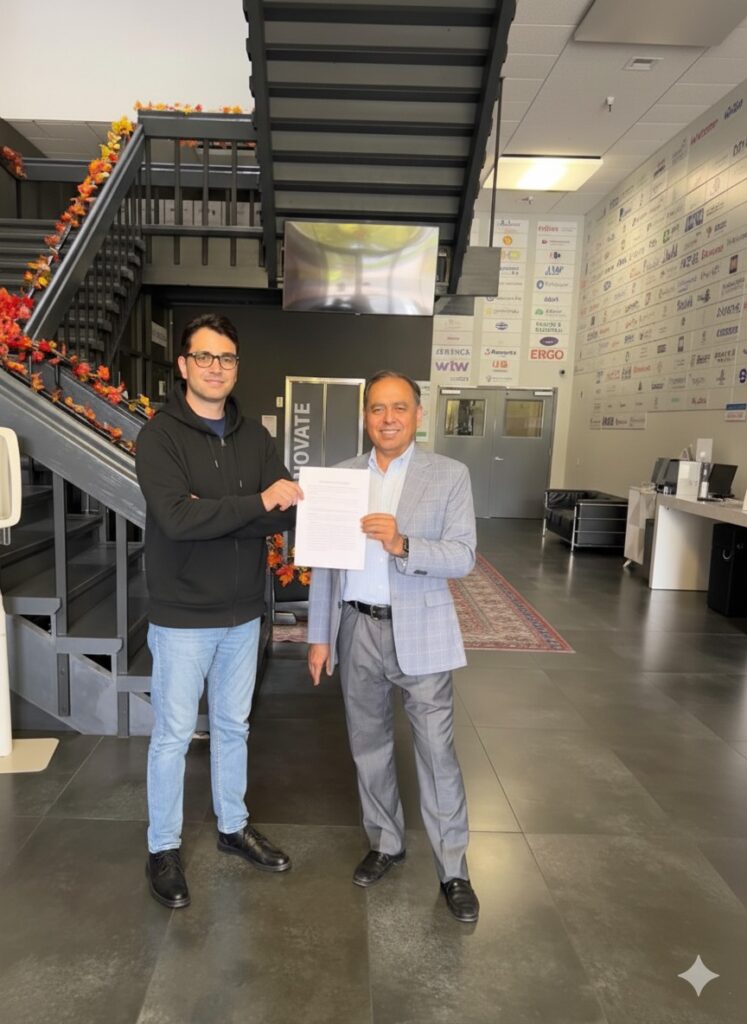
The Founder Behind the Vision
Otoz.ai was founded by Mirza Asif Baig, who has lived in Japan for nearly two decades. His company focuses on transforming the global used-car trade through cutting-edge technologies such as artificial intelligence (AI), blockchain, and AR/VR applications.
In essence, Otoz.ai builds digital platforms that make cross-border vehicle transactions transparent, secure, and efficient—addressing a sector long plagued by inefficiencies and lack of trust. By connecting developed economies with emerging markets, the startup is positioning itself at the intersection of global mobility and fintech.
Speaking on the recognition, Baig described the moment as both humbling and historic:
“This is not only a milestone for our company, but also a signal that Japan’s innovation ecosystem is welcoming global collaboration. I accept this honor with deep gratitude and humility.”
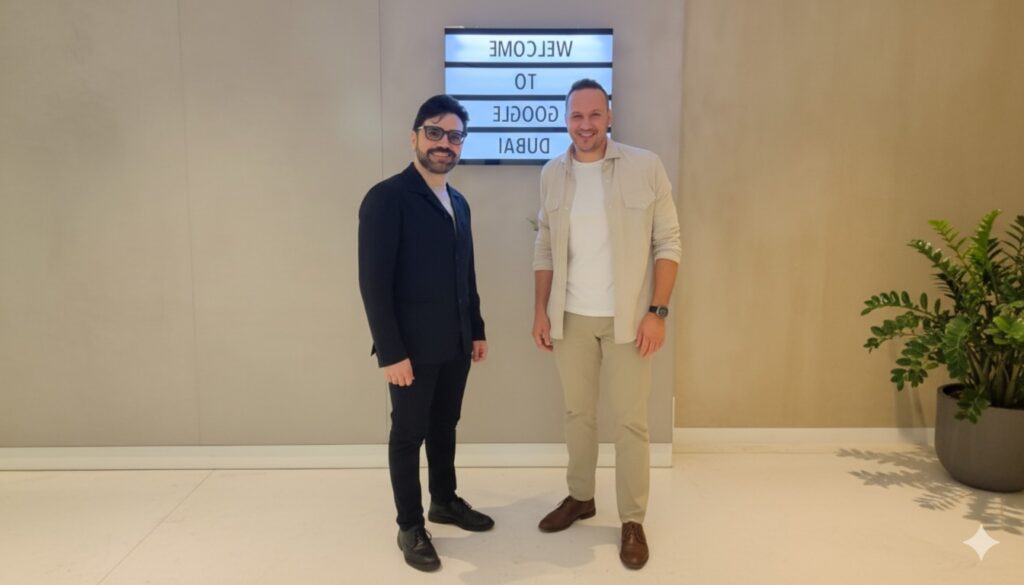
More Than Just a Case Study
Kyoto University’s decision to include Otoz.ai is not symbolic alone; it signifies a shift in Japan’s traditionally inward-looking academic approach. For decades, Japanese curricula largely focused on domestic companies and case studies. Including Otoz.ai acknowledges the growing importance of international innovation in shaping Japan’s future economy.
For Pakistan, this is a moment of pride. It shows that Pakistani-led startups can contribute meaningfully to global knowledge systems—not only as participants but as role models.
Diplomatic and Academic Recognition
Otoz.ai’s achievement has also caught the attention of policymakers and diplomats. Pakistan’s Ambassador to Japan, H.E. Abdul Hameed, welcomed the inclusion as a triumph of cultural and intellectual diplomacy:
“Otoz.ai’s presence in Kyoto University’s curriculum is more than recognition of Mr. Baig’s entrepreneurial success. It symbolizes the blending of knowledge, creativity, and cross-cultural harmony. This is a bridge between Pakistani ingenuity and Japan’s open, evolving technological ecosystem.”
Such recognition strengthens Pakistan’s soft power by projecting an image of innovation, knowledge, and talent rather than the traditional narratives of remittances and labor migration.
Backed by Japan’s Institutions
Otoz.ai’s journey in Japan has also been supported by both government and private institutions:
• In 2023, Japan’s Ministry of Economy, Trade, and Industry (METI) awarded the startup a technology development grant.
• In 2024, Otoz.ai was selected for JETRO’s Global Startup Acceleration Program.
• The company has received backing and mentorship from global giants including Deloitte, Honda, and Silicon Valley-based investment firm Brain & Capital.
Its parent entity, Innov8 Inc., provides services to leading Japanese corporations such as eyewear brand JINS, telecom operator Japan Communications, and several financial and municipal institutions. Notably, Otoz.ai’s engineering resources are split between Tokyo and Lahore, offering a unique model of cross-border collaboration that combines Japanese precision with Pakistani talent.
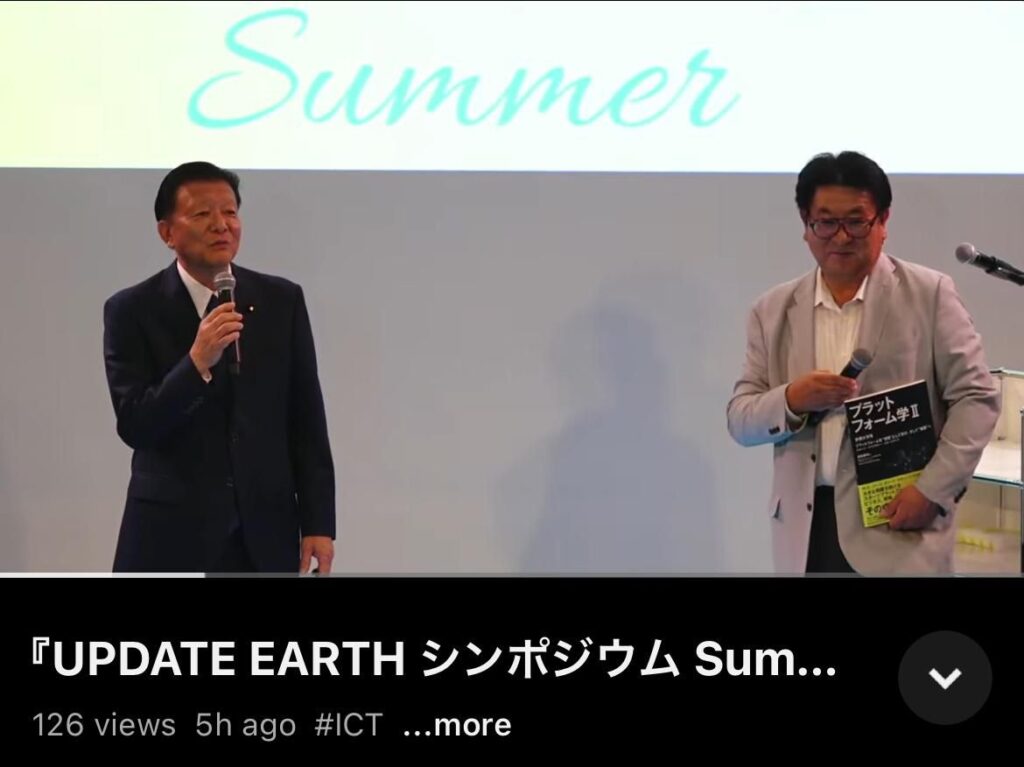
Global Experts Weigh In
The recognition of Otoz.ai has not gone unnoticed on the global stage. Silicon Valley investor and UC Berkeley professor Naeem Zafar offered high praise:
“I have mentored hundreds of startups around the world, but Otoz.ai is truly exceptional. To succeed in Japan’s highly cautious market is itself a remarkable milestone.”
Google MENA’s Managing Director Maxim Braverman echoed similar sentiments:
“The inclusion of Otoz.ai in Kyoto University reflects a rare blend of technical vision and cultural intelligence. Mr. Baig represents the kind of global mindset that today’s interconnected world urgently needs—from Tokyo to Lahore, from Silicon Valley to the Gulf.”
Masanao Ogawa, Chairman of JIIP and co-founder of unicorn biotech Upstream Bio, drew a powerful comparison:
“Otoz.ai embodies the same essential traits as the next generation of Amazon—scalability, data-driven intelligence, and readiness for global markets.”
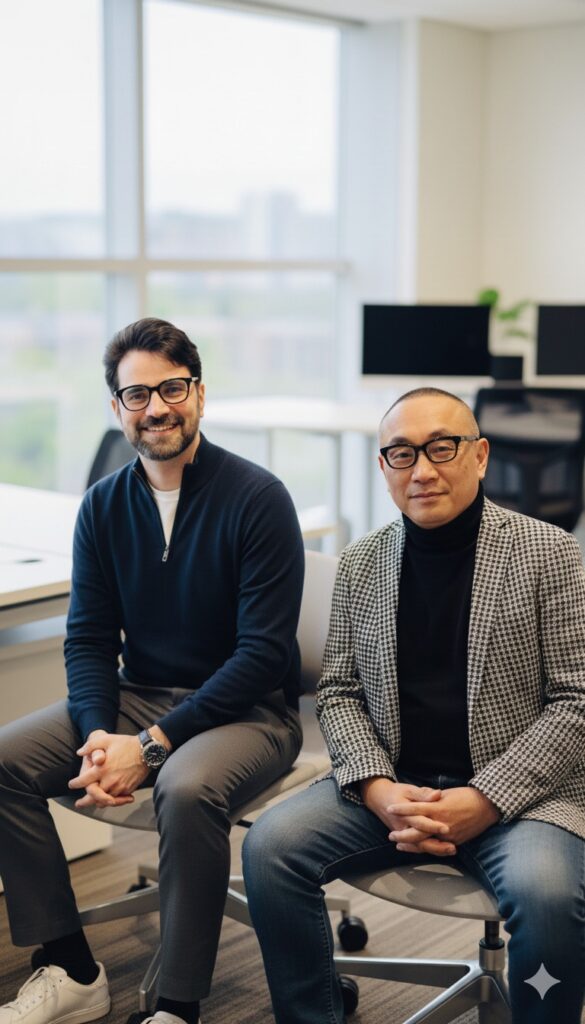
A New Chapter for Pakistani Founders
For Pakistani entrepreneurs worldwide, Otoz.ai’s achievement is more than just inspiration; it is a roadmap for entering tough but rewarding markets like Japan. It proves that with a solid product, thoughtful strategy, and cultural respect, even the most traditional ecosystems can open their doors.
Baig shared a message aimed particularly at young founders in Pakistan and other developing nations:
“This journey proves that innovation knows no borders. My hope is that this milestone will inspire young entrepreneurs, especially from Pakistan, to pursue their global dreams—even in markets as challenging as Japan.”
The Broader Significance
The inclusion of Otoz.ai in Kyoto University’s Platform Studies II underscores a new wave of entrepreneurial diplomacy—where startups, not states, create bridges across cultures. For Pakistan, it is a moment to showcase not only its labor force or diaspora remittances, but its ability to produce knowledge, technology, and world-class innovation.
At a time when global economic narratives are being reshaped by AI, blockchain, and green technologies, Otoz.ai represents the fusion of Pakistan’s entrepreneurial spirit with Japan’s appetite for technological rigor.

Conclusion
What began as one man’s vision in Tokyo has now become a source of national pride. Otoz.ai’s place in Kyoto University’s curriculum is more than an academic footnote—it is a living case study of cultural exchange, technological advancement, and global ambition.
As Platform Studies II reaches classrooms across Japan from August 2025, every lecture, every discussion, and every page that features Otoz.ai will also carry the story of a Pakistani founder who dared to dream globally.
This is not just a victory for Otoz.ai. It is a statement: Pakistani entrepreneurs belong on the world stage—and their innovations are shaping the future of global markets.















